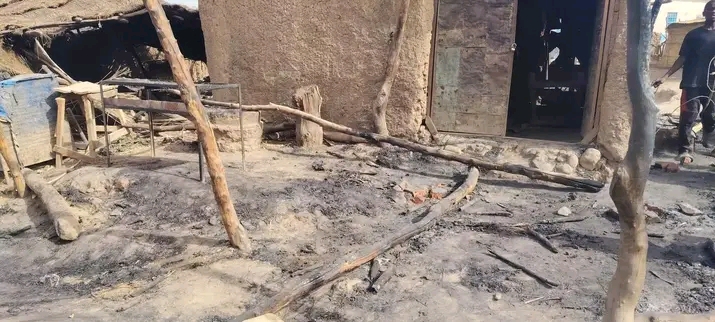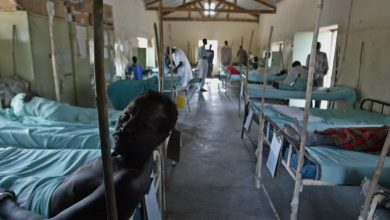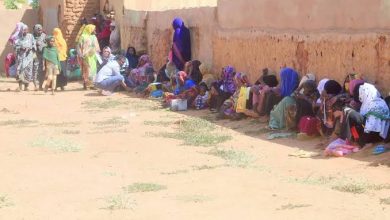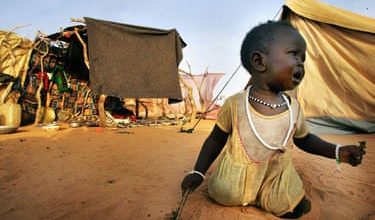Doctors Without Borders Warns of “Ethnically-Driven Atrocities” in Darfur
Mashawir – Agencies

The humanitarian organization Doctors Without Borders (Médecins Sans Frontières – MSF) has warned of “mass atrocities” and “ethnically-driven violence” in Darfur, Sudan, as clashes intensify between the army and the Rapid Support Forces (RSF) in the war-torn region.
Since losing control of the capital, Khartoum, in March, the RSF has been seeking to consolidate its power in Darfur—a vast region where the Janjaweed militias, which later evolved into the RSF, were accused of committing genocide two decades ago.
Atrocities and Genocide
Since the war erupted in April 2023, both the RSF and the Sudanese army have been accused of committing atrocities. The United States has accused the RSF of committing genocide in Darfur, western Sudan.
Doctors Without Borders released a report based on dozens of interviews conducted between May 2024 and May of this year, raising alarm over systematic violence targeting non-Arab ethnic groups.
Michel-Olivier Lacharité, MSF’s Emergency Manager, stated, “It’s not just that people are trapped amid indiscriminate fighting—many are also being systematically targeted by the RSF and its allies, particularly on an ethnic basis.”
Civilian Deprivation
The RSF has escalated its assault on El Fasher, the capital of North Darfur State, which has been under siege since May 2024, as it attempts to oust the army from its last stronghold in the region.
The humanitarian organization pointed to “threats of a full-scale attack” on El Fasher, home to hundreds of thousands of people, amid severe shortages of food, water, and medical care.
UN Secretary-General António Guterres expressed hope for a negotiated ceasefire to allow humanitarian aid into the besieged city.
Violence and Fears
The MSF report, based on 80 interviews with displaced people and patients, described “systematic patterns of violence” including “looting, mass killings, sexual violence, abduction, starvation,” and attacks on civilians and health facilities.
Eyewitnesses said RSF members spoke of plans to “cleanse El Fasher” of its non-Arab communities—particularly the Zaghawa tribe—raising fears of a massacre similar to the one that took place in 2023 against the Masalit tribe in West Darfur.
“We fear a repeat of such a scenario in El Fasher,” said Mathilde Simon, MSF’s humanitarian affairs advisor, in a statement.
MSF was forced to suspend operations in El Fasher and the nearby Zamzam displacement camp, where residents have suffered from hunger since early this year due to repeated attacks.
The war across Sudan has claimed tens of thousands of lives, displaced 13 million people within the country and abroad, and has caused what the United Nations describes as the world’s largest displacement and hunger crisis.
According to UN data, more than one million people in North Darfur State alone are on the brink of famine, and famine has already been declared in several displacement camps.
Now entering its third year, the conflict sees the army controlling central, eastern, and northern Sudan, while the RSF holds most of Darfur and parts of the south.




